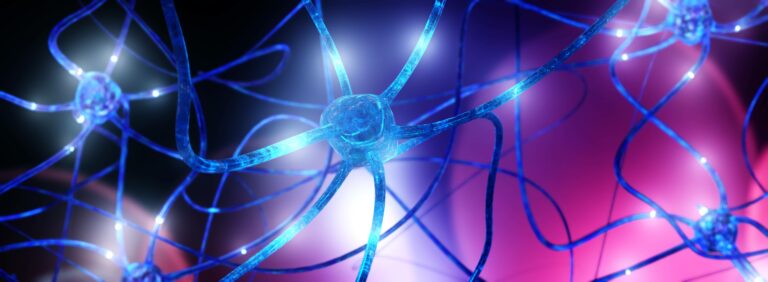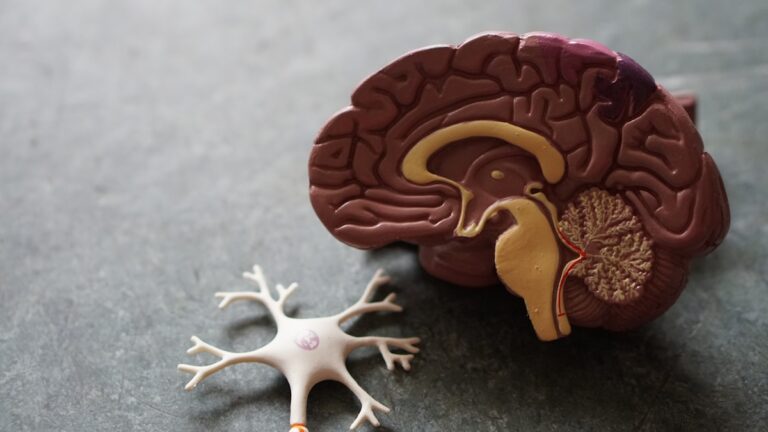Understanding the Impact of Low Sodium Levels on Memory
Low sodium levels, also known as hyponatremia, can have significant effects on the body, including how we think and remember. Sodium is an essential electrolyte that helps regulate water levels in the body and is crucial for maintaining proper bodily functions. When sodium levels drop, it can lead to a range of symptoms, from mild to severe, including confusion, fatigue, and in extreme cases, seizures or coma.
### How Low Sodium Affects Memory
Hyponatremia can impair cognitive function, affecting memory and concentration. This happens because low sodium levels can cause brain swelling, which disrupts normal brain activity. The brain relies on a delicate balance of electrolytes, including sodium, to function properly. When this balance is disrupted, it can lead to confusion, disorientation, and difficulty concentrating.
### Causes of Low Sodium Levels
Low sodium levels can result from various factors, including:
– **Drinking too much water**: This dilutes the sodium in the blood, leading to hyponatremia.
– **Certain medications**: Diuretics and some antidepressants can cause the body to lose sodium.
– **Medical conditions**: Kidney disease, heart failure, and hormone imbalances like SIADH (Syndrome of Inappropriate Antidiuretic Hormone) can all contribute to low sodium levels.
– **Gastrointestinal issues**: Vomiting or diarrhea can lead to sodium loss.
### Managing Low Sodium Levels
Treating hyponatremia involves addressing the underlying cause. This might include limiting fluid intake, correcting hormonal imbalances, or adjusting medications. In severe cases, hospitalization may be necessary to ensure proper treatment and prevent complications.
### The Role of Hormones in Sodium Balance
Aldosterone, a hormone produced by the adrenal glands, plays a crucial role in maintaining sodium levels. It helps the kidneys retain sodium and water, which is essential for maintaining proper blood volume and pressure. Research suggests that aldosterone may also have a positive effect on cognitive function, as it helps maintain the health of brain cells.
### Conclusion
Low sodium levels can significantly impact memory and cognitive function. Understanding the causes and effects of hyponatremia is crucial for managing and preventing its complications. By maintaining a healthy balance of electrolytes and addressing underlying conditions, individuals can help protect their brain health and cognitive abilities.





